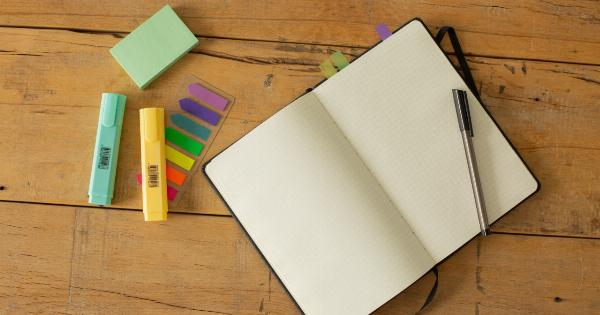If you have trouble sleeping, you’re not alone. According to the American Sleep Association, approximately 50-70 million Americans have a sleep disorder.
Sleep disorders can range from insomnia, which is the inability to fall asleep, to sleep apnea, which is when you stop breathing briefly while you sleep. Sleep loss can negatively affect your health, mood, and performance. If you have trouble sleeping, you may want to consider the impact of technology on your sleep cycle.
What Does Technology Have to Do with Sleep Problems?
In today’s world, technology is everywhere. We have smartphones, tablets, computers, and televisions that can entertain us for hours. Most of us spend a significant amount of time looking at screens, whether it’s for work or leisure.
However, this exposure to screens before bed can affect our sleep cycles. Our bodies rely on exposure to light and darkness to regulate our circadian rhythms. When we expose ourselves to bright light before bedtime, it can disrupt our circadian rhythms and make it harder to fall asleep.
What is Circadian Rhythm and Why is it Important?
Our bodies have an internal clock that regulates our sleep-wake cycle, known as the circadian rhythm. This cycle helps our body to know when it’s time to be awake and alert and when it’s time to rest.
The circadian rhythm is influenced by factors such as exposure to light, time of day, and social cues. If the circadian rhythm is disrupted by bright light before bedtime, it can affect our sleep-wake cycle.
What Does The Research Say?
Multiple studies have linked exposure to bright light before bedtime to various sleep problems. The research shows that exposure to bright light, especially blue light, before bedtime can suppress melatonin production in your body.
Melatonin is a hormone that regulates your sleep-wake cycle, and reducing its production can disrupt your circadian rhythm and make it harder to fall asleep.
One study published in the Journal of Applied Physiology found that participants who were exposed to bright light before bedtime experienced a delay in the onset of melatonin production.
The study also reported that these participants had a reduction in the overall amount of melatonin produced, which could result in sleep disturbance.
Another study published in the Journal of Clinical Endocrinology & Metabolism showed that exposure to bright light, including blue light, before bedtime suppressed melatonin production by 85% compared to dim light exposure.
The study also found that the suppression persisted for more than an hour after exposure to bright light, indicating that even a short exposure to bright light before bedtime can have a significant impact on sleep.
What Can You Do to Improve Your Sleep?
If you have trouble sleeping, there are several things you can do to improve your sleep quality. One of the most effective ways is to decrease your exposure to bright light before bedtime. This can be achieved by practicing good sleep hygiene.
Good sleep hygiene involves creating a sleep-conducive environment. Some of the techniques you can use to improve your sleep hygiene include:.
1. Reduce Exposure to Blue Light Before Bed
Limit your exposure to screens and electronics before bedtime, especially two hours before you plan on sleeping. Consider using blue light-blocking glasses or Night Shift mode on your electronics to filter out blue light.
Blue light-blocking glasses can help block out the blue light emitted by electronic devices that can disrupt your sleep-wake cycle.
2. Create a Comfortable Sleep Environment
Ensure your sleep environment is comfortable and conducive to restful sleep. Your bedroom should be dark, quiet and cool. Consider using blackout shades or a sleep mask that can block out light.
Use a comfortable pillow and mattress that promotes restful sleep. If you share a bed with a partner who snores, consider using earplugs to keep the noise down.
3. Establish a Consistent Sleep Routine
If you have trouble sleeping, establish a consistent sleep routine that involves going to bed at the same time each night and waking up at the same time each morning. Regular exercise is also beneficial.
Exercising regularly can help regulate your circadian rhythm and promote better sleep.
4. Avoid Stimulants Before Bed
Avoid stimulants such as caffeine or nicotine before bedtime. Caffeine is a stimulant that can disrupt your sleep cycle by increasing the amount of time it takes for you to fall asleep and reducing the overall amount of sleep you get.
Nicotine is also a stimulant and can make it harder to fall asleep.
Conclusion
Lack of sleep can negatively affect your health, mood, and performance in everyday activities.
Research has linked exposure to bright light before bedtime to sleep problems, including reduced melatonin production, which can disrupt circadian rhythms and make it harder to fall asleep.
Practicing good sleep hygiene, including limiting exposure to bright light before bedtime, can improve your sleep and promote better health.






























